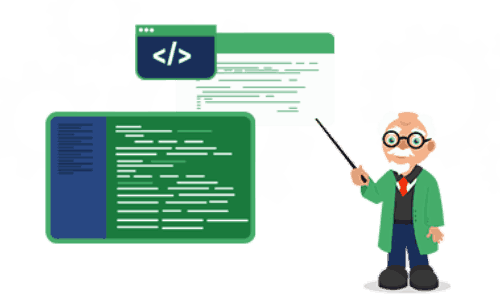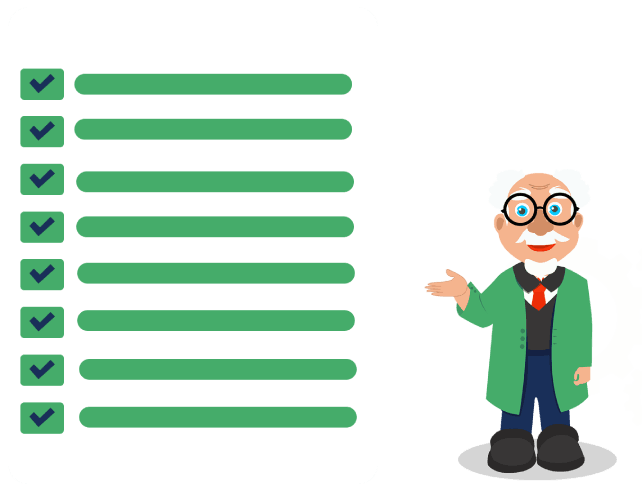Container Security: Learn about containerization technologies like Docker and Kubernetes and explore the latest advancements in container security solutions such as runtime protection and image scanning to ensure secure deployment environments.
Infrastructure as Code (IaC): Dive into IaC tools like Terraform and Ansible to automate infrastructure provisioning and configuration. Stay updated on best practices for securing infrastructure definitions and managing secrets securely.
DevSecOps Tools: Explore a range of DevSecOps tools and platforms like Jenkins, GitLab CI/CD, and Azure DevOps, incorporating the latest features for integrating security testing and monitoring into the software development pipeline.
Security Orchestration, Automation, and Response (SOAR): Understand the role of SOAR platforms in streamlining incident response workflows and leveraging automation for rapid threat detection and remediation in DevOps environments.
Cloud Security: Gain insights into cloud security best practices, including the latest updates in cloud-native security tools and services offered by leading cloud providers such as AWS, Azure, and Google Cloud Platform (GCP).
Microservices Security: Learn about securing microservices architectures, including service mesh technologies like Istio and Linkerd, and explore strategies for implementing service-to-service authentication, authorization, and encryption.



 Premium Career-Ready Track
Premium Career-Ready Track















